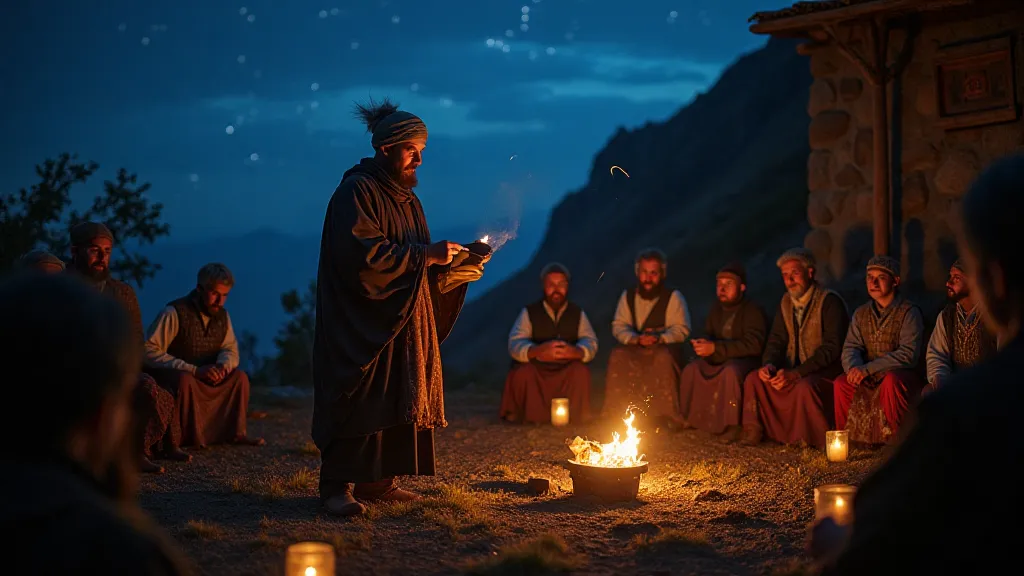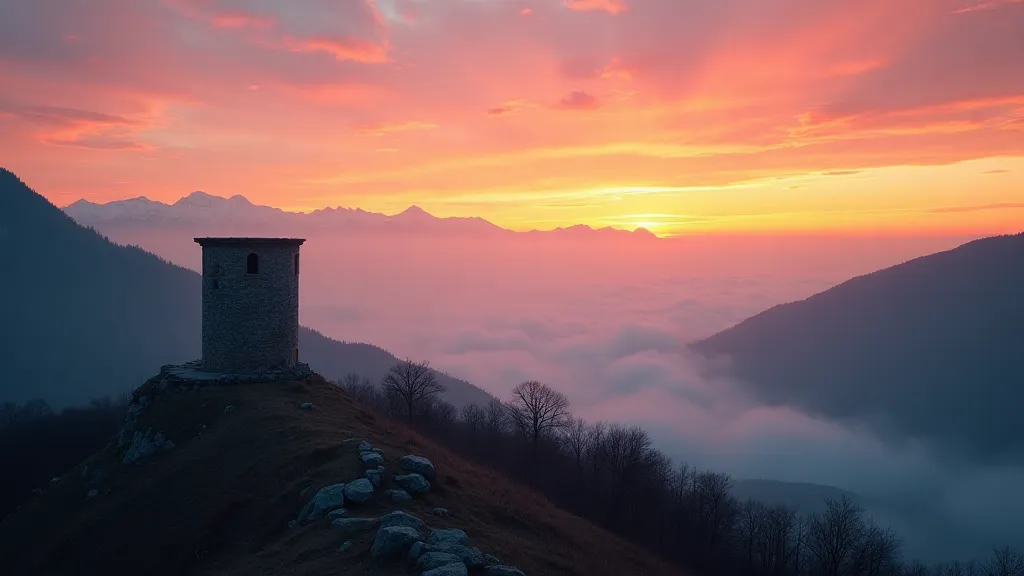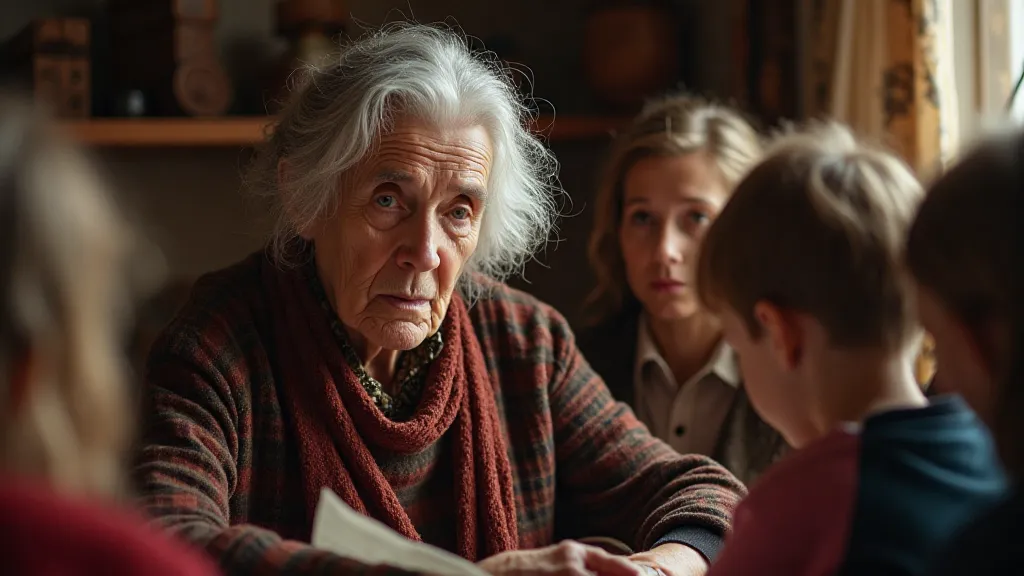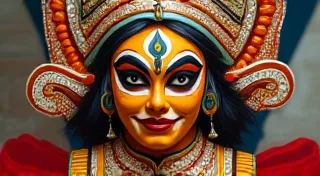The Stories of the Georgia Caucasians: Epic Poetry and Mountain Legends
The Caucasus region, a crossroads of cultures and landscapes, boasts a rich tapestry of storytelling traditions. Among them, the storytelling traditions of the Georgia Caucasians stand out as particularly compelling, steeped in epic poetry, vibrant mountain legends, and a profound connection to the land. For centuries, these oral traditions have served as a vital link to their cultural heritage, transmitting values, history, and a worldview shaped by the imposing mountains and rugged terrain.
The Realm of the Mekhqvi: Epic Poetry
Central to Georgian Caucasian storytelling is the mekhqvi, or epic poem. These lengthy narratives, traditionally performed by skilled reciters (maghvelebi), recount the deeds of legendary heroes, battles against invaders, and the founding of clans. Unlike written literature, the mekhqvi are fluid, evolving with each retelling and adapting to the audience. The most famous of these epics is the "Batonebatoni Erosi," a heroic tale of a courageous nobleman and his struggles. These poems aren't simply entertainment; they embody ideals of courage, loyalty, and resilience, serving as models for behavior within the community.

The characters in these epics are often larger-than-life figures, possessing superhuman strength and unwavering commitment to their values. They are frequently intertwined with elements of mythology, blending historical events with fantastical elements. The structure of these poems is distinctive, employing a formulaic style with recurring phrases and a characteristic meter that aids memorization and recitation.
Mountain Legends and Mythical Creatures
Beyond the mekhqvi, the Georgia Caucasians possess a wealth of mountain legends and folklore. The rugged landscape itself lends itself to these tales, with towering peaks and deep gorges serving as backdrops for stories of mythical creatures and supernatural events. Stories of the Alvari, benevolent spirits dwelling in sacred groves, and the demonic Ghobbi, who tempt humans with promises of power, are common.
These legends aren’t merely fantastical; they often reflect the values and beliefs of the community. They serve as cautionary tales, reinforcing the importance of respecting nature, honoring ancestors, and upholding community traditions. The mountains are not just physical landmarks; they are imbued with spiritual significance, acting as portals to the realm of the supernatural.

Enduring Beliefs and Cultural Significance
The storytelling traditions of the Georgia Caucasians are not relics of the past; they are a living, breathing part of the region’s cultural identity. While the traditional role of the maghveli has evolved, these stories are still shared, particularly within families and communities. They are passed down through generations, ensuring the preservation of cultural values and historical memory.
Modern adaptations and reinterpretations of these stories often emerge, demonstrating their continued relevance in contemporary society. Documentaries and academic research further highlight the importance of these oral traditions, emphasizing their unique contribution to the world’s storytelling heritage.

Conclusion
The storytelling traditions of the Georgia Caucasians represent a profound connection to the past, a celebration of cultural identity, and a testament to the enduring power of oral traditions. They offer a glimpse into a world where heroes are larger than life, mountains hold ancient secrets, and stories shape the very essence of a people's soul. Preserving and sharing these stories is not just about honoring the past; it's about ensuring the survival of a vital part of the human experience.





